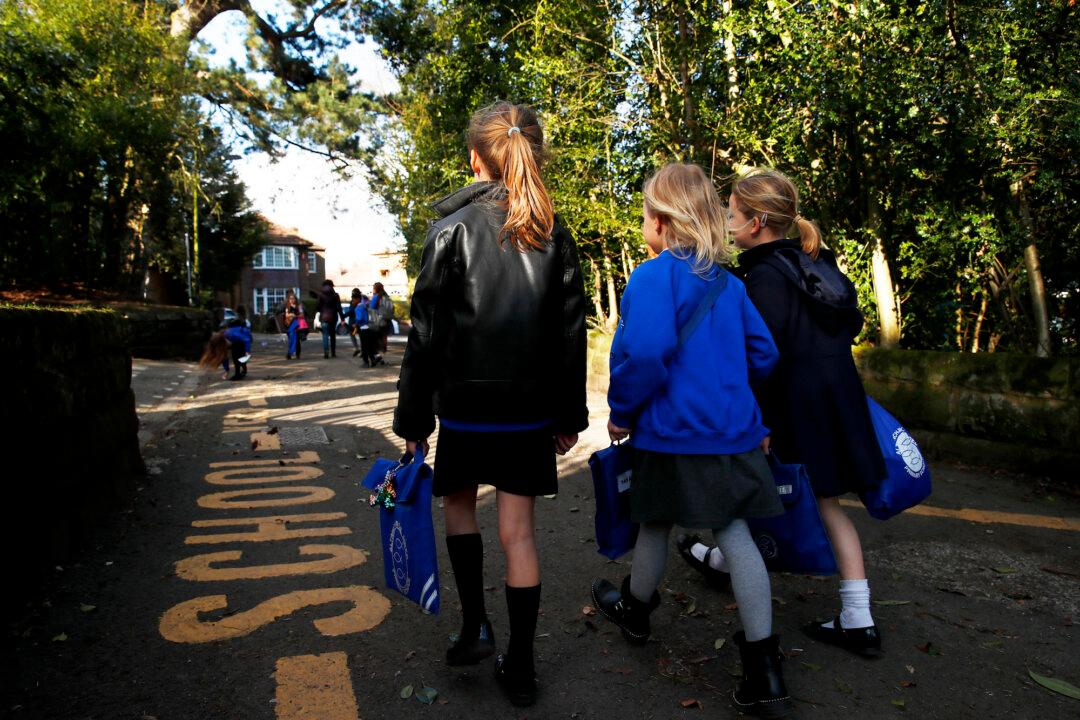Conservative MPs in the UK have pressed the government to announce its plans for a general re-opening of schools, as the country’s third national lockdown continues amid the ongoing CCP virus pandemic.
Tory MP Robert Halfon, chair of the Commons Education Committee, wrote on Twitter on Monday that he has contacted the speaker of the House of Commons asking for permission to put an Urgent Question to Parliament on a plan for the return.





